Americans really need to move past Samsung and Apple
This article may contain personal views and opinion from the author.

If you approach a random person in the U.S. and ask them what phone they have they will almost always answer with one of two words: Samsung or Apple. The iPhone in particular enjoys a very dominant position in the U.S. making up over 50 percent of the market share across the country.
Recently we saw reports of the Google Pixel 9 skyrocketing in popularity in the U.S. This was further backed by Google CEO Sundar Pichai claiming that the Pixel phones saw strong demand in the latter half of 2024. But now new statistics coming in show Pixel demand falling in the U.S. instead.
So what’s the matter? Are phone users in the U.S. just too enamored by Apple and Samsung to give other brands an honest chance? Or is there something deeper at play here that can only be explained by the economical position the U.S. enjoys on the world stage?

I barely scratched the surface when I said the iPhone enjoys a staggering lead in the U.S. It’s not just the most popular phone of choice in the U.S.: iPhone users often actively look down on others.
High schools in the country have tons of examples where students using an Android phone are othered by the majority of their peers. It can go as far as people refusing to communicate with the Android user just because they find it inconvenient. I know high schools aren’t exactly the epitome of maturity but it’s honestly baffling — as a non-American — to hear Android users say they’re switching to iOS just to avoid the harassment.
While adults mostly grow up from this mindset there are still instances where Android users are looked down upon as being poor. It doesn’t matter whether your Galaxy S24 Ultra costs more than the iPhone 12 the other person has because you will still be thought of as less financially fortunate. The iPhone is the default and the blue bubbles are superior and if you disagree you’re just stupid.
It was also hilarious to hear iPhone users blaming Android for low quality media sharing when Apple was refusing to adopt RCS. Apple’s marketing has worked wonders in the U.S. and it shows.

Then we arrive at the second issue with phone adoption in the U.S. If someone decides that Apple’s walled garden is a bit too small for their taste and wants to move to Android they will almost always go for a Samsung phone. When an American says they use Android you better believe they’re about to pull out a Galaxy device.
Samsung makes up around 25 percent of the market share in the U.S. There was a time when Huawei was gaining some ground but then sanctions were placed against it and it was effectively eliminated from the competition. In third place we get Google with its wildly fluctuating adoption rates, and that brings us to why U.S. consumers might be so enamored with Samsung and Apple.

The U.S. is an absolute economic powerhouse. Yes, the average citizen doesn’t seem to be doing that hot recently and the job market is depressingly bad but Americans still hold a lot more buying power than most other countries. And when a new iPhone is within your range you’re not going to care about Xiaomi’s latest flagship.
Americans drive big cars and live in big houses so naturally they’re also going to want the most premium phones. Perhaps the only reason the Pixel phones saw any demand at all is because Google is another massive American company and people were okay with giving it a try. Xiaomi, Oppo and Vivo on the other hand are Chinese phones and thus automatically less reliable or trustworthy.
As someone who has had the pleasure of having used phones from Samsung, Apple, Google, Xiaomi, Huawei, Nokia, Motorola and many others I can confidently say that the competition isn’t far behind. The iPhone might have a really cool titanium finish but the Xiaomi flagships also feel quite nice to the touch.
If nothing else at least your phone will look different and stand out in a crowd.
Black Friday is live at Amazon! Check out the hottest bargains on phones, tablets, and more available today!
Recently we saw reports of the Google Pixel 9 skyrocketing in popularity in the U.S. This was further backed by Google CEO Sundar Pichai claiming that the Pixel phones saw strong demand in the latter half of 2024. But now new statistics coming in show Pixel demand falling in the U.S. instead.
America’s fascination with the iPhone

America’s new favorite toy. | Video credit — Apple
I barely scratched the surface when I said the iPhone enjoys a staggering lead in the U.S. It’s not just the most popular phone of choice in the U.S.: iPhone users often actively look down on others.
High schools in the country have tons of examples where students using an Android phone are othered by the majority of their peers. It can go as far as people refusing to communicate with the Android user just because they find it inconvenient. I know high schools aren’t exactly the epitome of maturity but it’s honestly baffling — as a non-American — to hear Android users say they’re switching to iOS just to avoid the harassment.
It was also hilarious to hear iPhone users blaming Android for low quality media sharing when Apple was refusing to adopt RCS. Apple’s marketing has worked wonders in the U.S. and it shows.
Samsung and Android are interchangeable

I love the Android S24! | Video credit — Samsung
Then we arrive at the second issue with phone adoption in the U.S. If someone decides that Apple’s walled garden is a bit too small for their taste and wants to move to Android they will almost always go for a Samsung phone. When an American says they use Android you better believe they’re about to pull out a Galaxy device.
A rich nation doesn’t care for budget offerings

A more affordable flagship? Get that out of my face! | Video credit — Xiaomi
The U.S. is an absolute economic powerhouse. Yes, the average citizen doesn’t seem to be doing that hot recently and the job market is depressingly bad but Americans still hold a lot more buying power than most other countries. And when a new iPhone is within your range you’re not going to care about Xiaomi’s latest flagship.
Americans drive big cars and live in big houses so naturally they’re also going to want the most premium phones. Perhaps the only reason the Pixel phones saw any demand at all is because Google is another massive American company and people were okay with giving it a try. Xiaomi, Oppo and Vivo on the other hand are Chinese phones and thus automatically less reliable or trustworthy.
Seriously, give other phones a go
As someone who has had the pleasure of having used phones from Samsung, Apple, Google, Xiaomi, Huawei, Nokia, Motorola and many others I can confidently say that the competition isn’t far behind. The iPhone might have a really cool titanium finish but the Xiaomi flagships also feel quite nice to the touch.
Other brands — especially Chinese ones — offer a lot more bang for your buck as well. And Google’s phones have a certain charm to them that others fail to replicate. So, as Black Friday nears, I urge the Americans to give other phone manufacturers a try.
If nothing else at least your phone will look different and stand out in a crowd.
Follow us on Google News

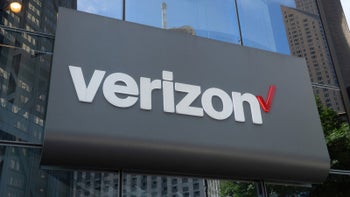



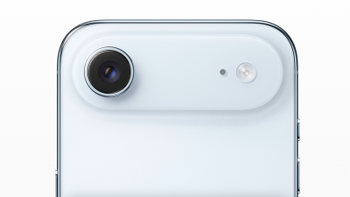
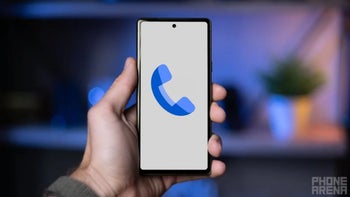
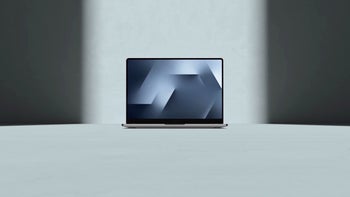
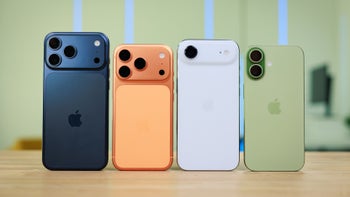
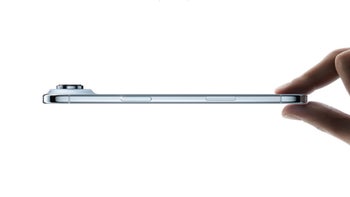
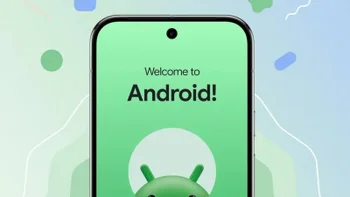

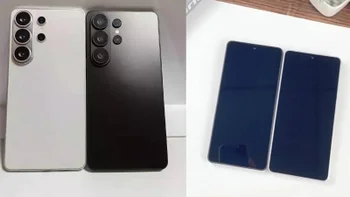
Things that are NOT allowed:
To help keep our community safe and free from spam, we apply temporary limits to newly created accounts: